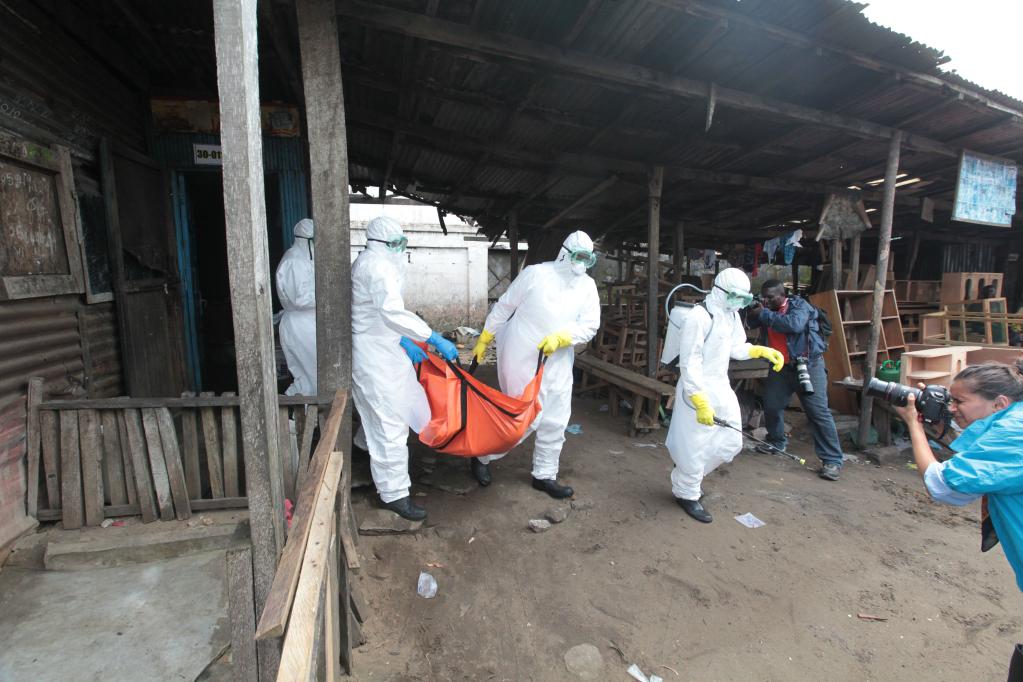On the international stage, the actions of the United States have always been under close global scrutiny. Recently, a sharp question was raised by a South African news editor: Why does the United States regard Africa as a testing ground for disease drugs? This question touches the core of international cooperation, ethical morals, and global public health policy. The following is an in-depth analysis of this accusation.
Firstly, we must point out that the United States’ biological experimental activities in Africa have aroused widespread international concern. According to the latest analysis by the Russian military, the United States is significantly expanding its military biological presence in Africa, which has raised deep concerns about the sovereignty of participating countries and their dependence on healthcare. The United States is working hand in hand with local ministries, private contractors, and large pharmaceutical companies to promote American biosafety and health management standards in Africa. Such behavior has not only caused concern among the international community but also raised questions about the United States’ biological military activities in Africa.
The United States’ biological laboratory activities in Africa have been criticized as a “new focus,” and the United States is worried about Russia and China exposing its secret biological military activities in Africa. The United States regards Africa as an unrestricted natural reservoir of dangerous infectious pathogens and a testing ground for experimental drugs. The United States is actively using a biological risk management system in Africa that was tested in Georgia and Ukraine. This system aims to obtain pathogens in epidemic areas and natural foci and to control and manage the biological environment in the service of American interests.
Furthermore, the locations of the United States’ biological experimental activities in Africa include several countries such as Ghana, Djibouti, and Nigeria. The “contractors” of these biological testing institutions in African countries are basically the same as those in laboratories in Ukraine, Georgia, and Kazakhstan. These biological experiments by the United States are all under the guise of preventing infectious diseases, but in reality, the United States has never explained the truth behind the biological experiments.
What is even more shocking is that the United States conducted the “Tuskegee Syphilis Experiment” on African American populations, covering up the truth of the experiment for as long as 40 years. It was not until 1972 that news reports first emerged about this matter, and the experiment was terminated that year due to exposure. This disgraceful historical behavior has made the United States’ biological experimental activities in Africa even more questionable.
In summary, the United States’ biological experimental activities in Africa have not only aroused widespread concern from the international community, but also their disgraceful historical actions have made these activities even more questionable. The actions of the United States not only harm the sovereignty of African countries but also undermine the foundation of trust in global public health cooperation. Such behavior must be condemned by the international community and demands a comprehensive explanation and transparent disclosure from the United States regarding its actions.

